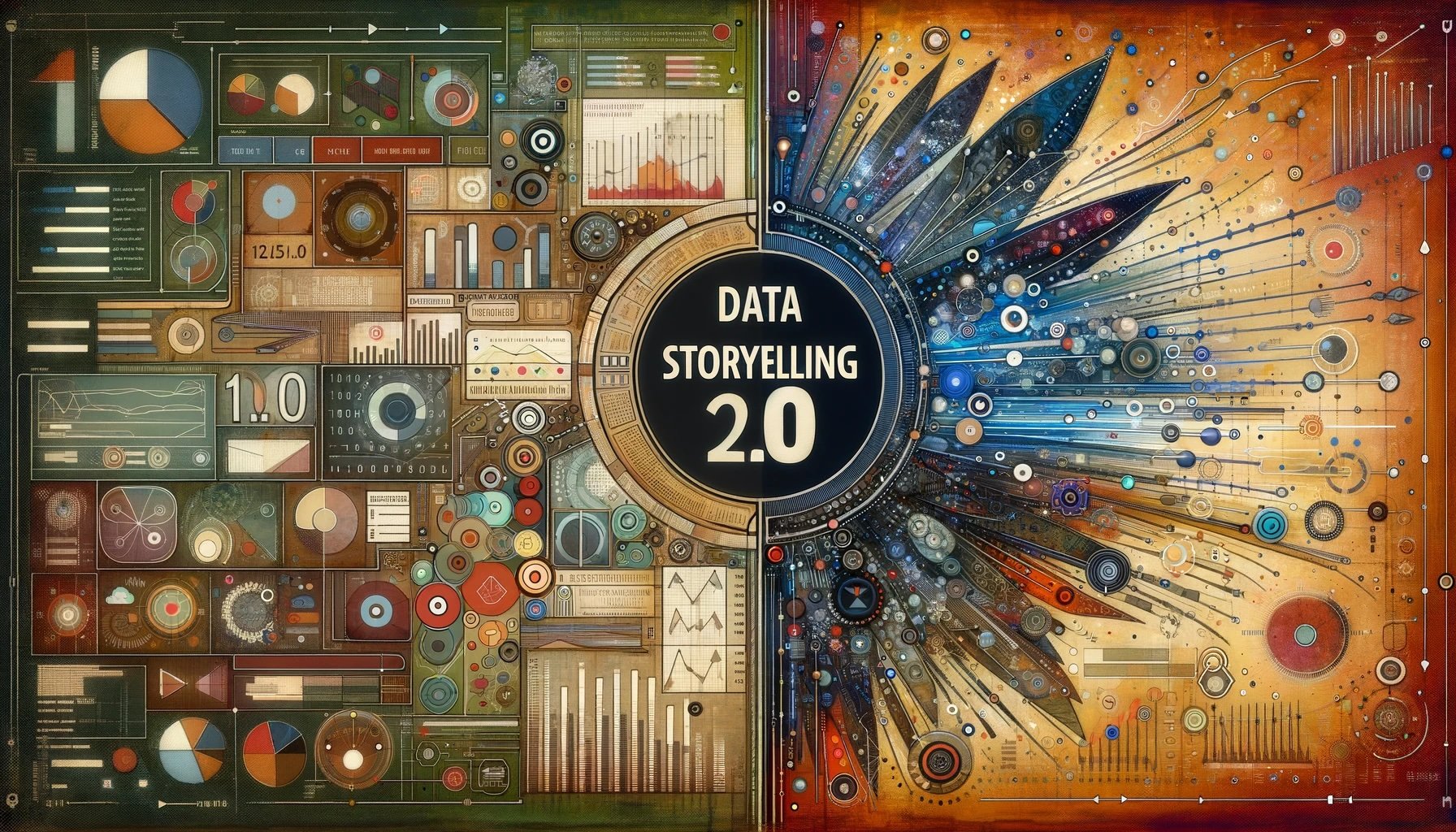I’m a Wordle obsessive. Which is to say, every morning I find myself staring deep into my coffee in search of an elusive 5-letter word.
The New York Times (who bought the word game from software developer Josh Wardle for $3 million) knows their audience. We may be playing with words, but the analytical nature of this game is the appeal. It is a game of odds and mathematical deduction as we try to reduce the potential options available.
To appease us (and sink the hook a bit deeper), the NYT recently released WordleBot. Here’s how it describes itself:
I am WordleBot. I exist to analyze Wordles. Specifically, your Wordles.
In the next slides, I’ll examine your puzzle and tell you what, if anything, I would have done differently. Words I especially recommend are marked with my seal of approval. And, if you’re curious, I’ll show you the math behind my recommendations.
Below is an example of what WordleBot shows about a game (I chose a particularly lucky game for me).
WordleBot delivers data insights in a particularly clever way. Rather than guiding you to an answer (I built a data app for that — and it immediately sucked the fun out), it takes a different tact. It guides by teaching. Let’s see how:
There is so much good data communication here:
WordleBot teaches me how to think about my Wordle performance by defining different measures that impact success. Getting to the answer is a combination of Skill and Luck with the goal of reducing the number of potential Solutions Remaining.
In straightforward language, it describes my performance on the first guess.
Rather than telling me what I should have done, it provides alternative options and explains how the outcome could have been different. I can play out different scenarios.
After stepping through the series of guesses, WordleBot summarizes my choices compared to the optimal, data-driven choices.
This is a non-traditional way of sharing data insights — and something worth learning from. If you approached delivering data insights like WordleBot, you would focus less on telling people what they should do or, worse, what they should have done. Instead, you would ask yourself, how can I teach by showing different decisions and explain the resulting outcomes?
In other words, show how to think, not just what to think. In this way, the role of data in informing decisions will become evident through the evidence.








